Motor function (TONE)
- Always compare symmetry
- Note any atrophy
- Check muscle tone against resistance
- Cogwheel rigidity = jerky, released in degrees
- UMN paralysis = spasticity (increased tone)
- LMN paralysis = hypotonia
Suspect decreased resistance?
- hold forearm and shake hand loosely
Resistance increased?
-
varies or persists throughout movement
Tone is the resistance felt by the examiner when moving a joint passively through its range of movement.
Site to check the tone: - Upper Extremities - wrist and elbow joint - Lower Extremities - knee level,ankle joint.
Common abnarmalities: - Muscle tone may be decreased (hypotonia) or increased (hypertonia).
Test muscle strength
Grade 0 to 5
Muscle strength
- wide variance - stronger dominant side
- test by asking patient to actively resist movement
- if muscles too weak - test against gravity only or eliminate gravity
- if patient fails to move, watch or feel for weak contraction
| Grade | Muscular Respone |
|---|---|
| 0 | No contraction detected |
| 1 | Barely detectable flicker or trace of contraction |
| 2 | Active movement with gravity eliminated |
| 3 | Active movement against gravity |
| 4 | Active movement against gravity and some resistance |
| 5 | Active movement against resistance without evident fatigue - “Normal” |
Hypotonia:
It is decreased tone and usually associated with muscle wasting,weakness and hyporeflexia. Feature of cerebellar disease and occurs in early phases of cerebral or spinal shock
Hypertonia:
There are 2 principal types hypertonia; Spasticity & Rigidity
A- Spasticity: increased tone throughout range of motion, and then there is a sudden release (catch). Seen in UMN lesion. Spasticity is velocity dependent(sudden release).
Usually accompanied by
- weakness
- hyperreflexia
- extensor planter response
- clonus
B- Rigidity: increased tone throughout the range of motion. If intermittent and regular interruption to the movement gives jerky feeling, is called cogwheel rigidity, which is seen in extrapyramidal diseases such as Parkinson’s disease. Rigidity is not velocity dependent (continuous)
Function and Innervations

